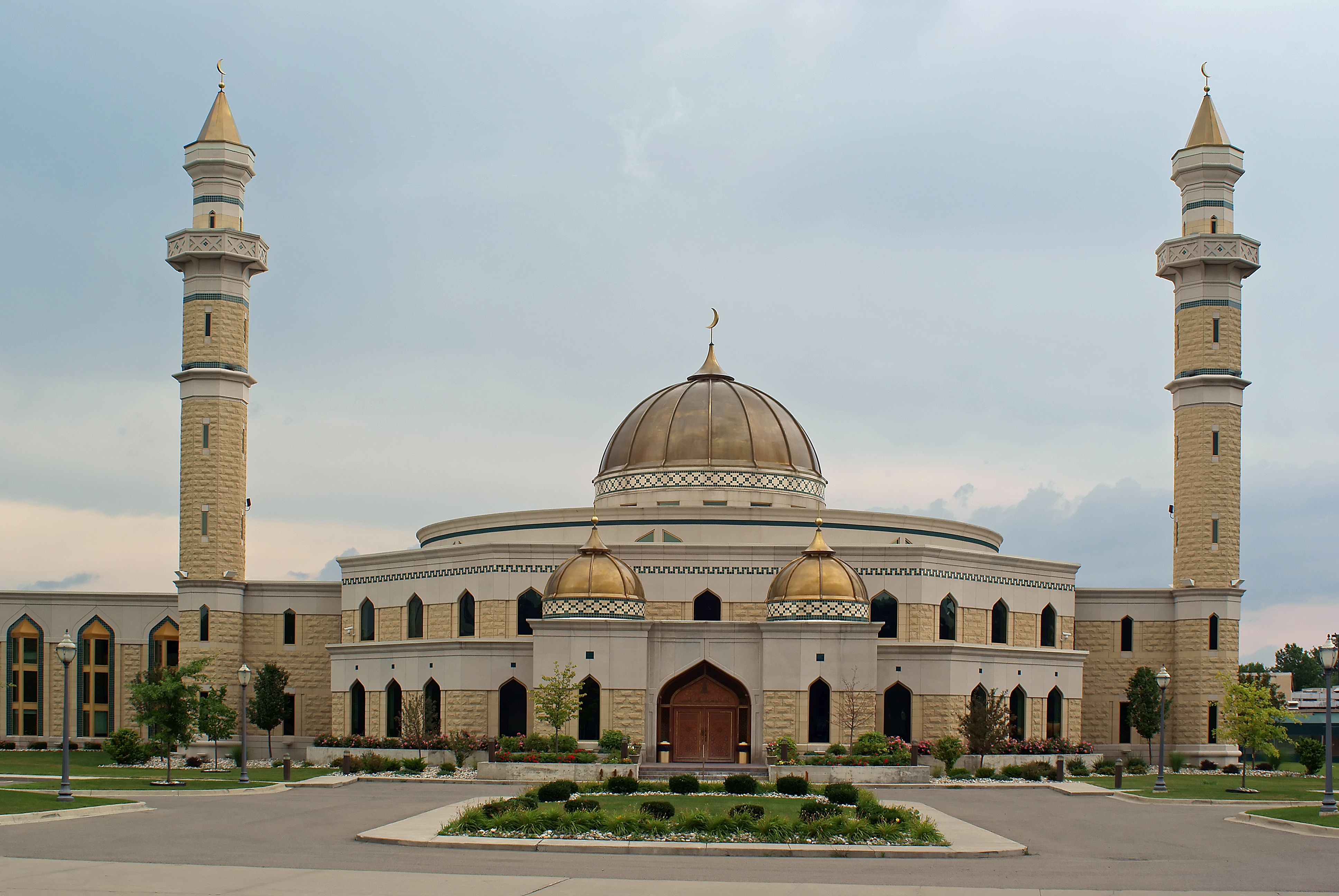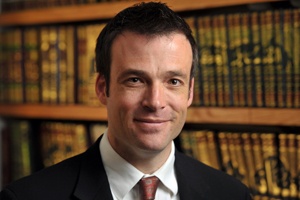In his Apostolic Exhortation Evangelii Gaudium, Pope Francis argues against the notion that Islam is violent by nature:
Faced with disconcerting episodes of violent fundamentalism, our respect for true followers of Islam should lead us to avoid hateful generalizations, for authentic Islam and the proper reading of the Qur’an are opposed to every form of violence. (§253)
Francis’ comments here are extraordinary. Not only does he bring up the topic of Islam (something rarely done in earlier Church documents), he also seems to speak on behalf of Muslims by identifying “authentic Islam” and the “proper reading of the Qurʾan.” While recognizing the Holy Father’s good will, one might ask whether such things are really matters for a non-Muslim to determine. Indeed one wonders in any case if it is reasonable to conclude that Islam is opposed to every form of violence. Most Muslims, for example, would say that at least defensive jihad, or resistance to occupation or oppression by violent means, is licit.
But then Pope Francis is not the only one who is eager to dissociate Islam from violence. Last March, for example, Cardinal Dolan insisted that ISIS has nothing to do with Islam, adding that ISIS is as Islamic as the IRA is Catholic. Prominent Muslims, too, have made similar arguments. In a 2015 CNN interview Reza Aslan explained: “Islam doesn't promote violence or peace. Islam is just a religion and like every religion in the world it depends on what you bring to it. If you're a violent person, your Islam, your Judaism, your Christianity, your Hinduism is gonna be violent.”
In their efforts to fight against generalizations of Islam, Francis, Dolan, and Aslan alike seem (ironically) to generalize about Islam. Nevertheless, their basic point is a good one, especially in the context of the United States where anxiety over Muslims, and fear of jihad, seems to be spreading. In fact, some simple observations will show that Muslims this anxiety, and this fear, is unfounded.
In recent years there have been several attacks committed by Muslims in the U.S. (14 killed in San Bernardino, 12/2/2015; 5 killed in Chattanooga, 7/6/2015; 13 killed at Fort Hood, 11/5/2009). But what do these attacks actually say about the ongoing threat of jihad in America? According to most estimates 45 people have been killed in jihadi attacks since 9/11. That is more or less an average of 3.1 people per year. This might be compared with some other statistics: about 30,000 Americans die from car accidents each year (about 3,000 of these due to texting), about 25 die from lightning strikes, and about 15 from falling icicles. That’s right, icicles kill more people each year in the U.S. than jihadis.
We should also keep in mind how few Muslims in the United States are attracted to jihadi ideology. According to Pew Research there were 3.3 million Muslims in the United States in 2015 (probably a conservative number). A congressional study released last September reported that about 250—or 0.0075% of Muslim Americans—have left to join ISIS. Granted, some Muslims might harbor sympathy with jihadis but stay at home, but this statistic at least shows that joining the “global caliphate” has almost no appeal to Muslim Americans.
On the other hand, Islam itself does appeal to an increasing number of Americans. While very few Muslim Americans are joining ISIS, a rising number of Christian Americans are joining Islam. This is the issue which should concern the American Church. Pew research estimates (in a 2007 survey) that 23% percent of Muslim Americans identify themselves as converts from another religion. In other words, about 759,000 Americans are converts to Islam. Most of these conversions are among African-Americans but an increasing number of whites and Latinos are also converting to Islam (about 67% of Muslim converts are former Protestants and 10% former Catholics). In other words, if Islam poses no serious security threat to the country, it does pose a pastoral problem to the Church.
While some Christians convert to Islam for the sake of marriage (according to Islamic law a Christian man may not marry a Muslim woman), many Christians convert to Islam after Muslims invite them to do so. Muslims have a remarkable zeal for proselytism or “da’wah” (the Arabic term commonly used by Muslims now in English). Most American mosques welcome visitors regularly and pass out literature, or tracts, to them written specifically for Christian audiences (literature which often emphasizes that Islam has a high regard for Jesus as a prophet). The internet is buzzing with Islamic da’wah sites inviting visitors to “convert to Islam” and featuring options to chat or call a Muslim with any questions. Da’wah is also increasingly taking place on the street or on billboards in American cities with slogans such as “Muhammad Believed in Peace, Social Justice, Women’s Rights,” or “Abraham, Moses, Jesus, Muhammad: One Family, One Message.” The large annual conferences of Muslim American organizations—the Islamic Circle of North America (ICNA) and the Islamic Society of North America (ISNA) —include sessions of da’wah training. Videos of famous Muslim da’wah activists such as the South African Ahmed Deedat (now deceased) or the Indian Zakir Naik—including their debates with Christians—have millions of hits on YouTube. On many American campuses “Muslim Student Associations” host “Islam Awareness Weeks” which seem to combine da’wah with the fight against Islamophobia.
Part of what makes Islamic da’wah so effective is the great conviction most Muslims have that Islam is the only true religion. As sociologist Christian Smith has shown in his various studies (most recently Young Catholic America: Emerging Adults In, Out of, and Gone from the Church) many Catholics—and young Catholics especially—tend to embrace some sort of relativism. Muslims, however, tend to have strong convictions that Islam is the perfect religion, that Muhammad was the perfect man, and that the Qurʾan is a perfect book (indeed, Muslims commonly hold that the Qurʾan includes miraculous scientific data which is only now being discovered). Judaism and Christianity are something like corruptions of pure revelations given to Moses and Jesus. Only in Islam can individuals (and societies) be truly fulfilled.
Yet the attraction many Americans feel to Islam is not only theological; it’s also social. Many converts are attracted to the remarkable sense of community in American mosques. They discover an experience of solidarity when they line up in ritual prayer alongside fellow believers and prostrate in the adoration of God. This sense of solidarity is in some ways strengthened—I would suggest—by the gender segregation in most mosques, which allows communal feeling to grow among the men (“brothers”) and the women (“sisters”). American mosques also tend to be very welcoming places, and special care is given to new converts or to those inquiring about Islam. This spirit of communal feeling among Muslim Americans has been particularly evident to me this semester in a class I have been teaching in an Indiana State prison: five of the six African-American students in the class are Muslims and the Islamic community they have found in prison is now central to their identity.
Now it seems to me that the response of the Church to all of this should not be resentment of Muslims for their da’wah. The Church (see Dignitatis Humanae) is committed to complete religious freedom. On the other hand, the Church can learn from Islam. The success of Islamic da’wah might prompt Catholics to consider how they are responding to the call of Popes John Paul II, Benedict XVI, and Francis for a New Evangelization. Are individual Catholics ready to share the Gospel with friends? Are offices of Campus Ministry (or Newman Centers) effectively inviting college students to discover the beauty of the Catholic faith? Do believers find a meaningful community in our churches? Do seekers walking into a local parish (or inquiring online) find the resources that will allow them to begin the journey towards becoming Catholic? In other words, Catholics in the U.S. should not feel threatened by Islam. They should learn from Islam.



